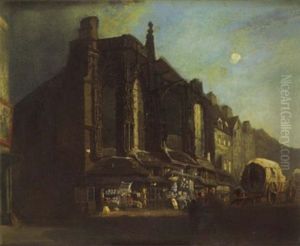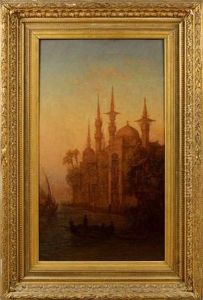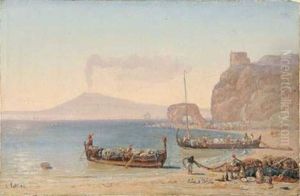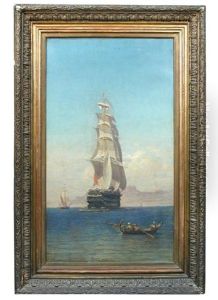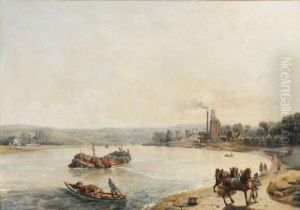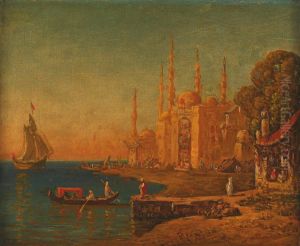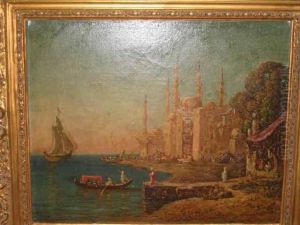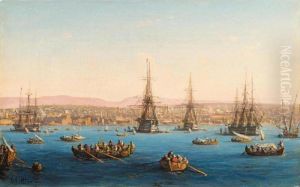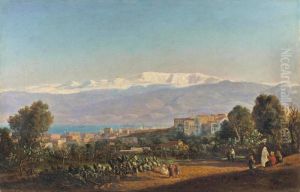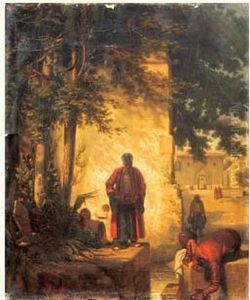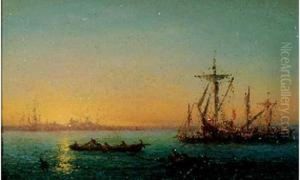Louis Lottier Paintings
Louis Lottier was a French artist known for his post-impressionist paintings which often depicted landscapes, seascapes, and urban scenes in a vibrant and colorful manner. Born on August 3, 1889, in France, Lottier was part of a generation of artists that sought to build upon the innovations of the Impressionists, by introducing a more structured and studied approach to capturing light and color.
Lottier's career began in earnest in the early 20th century, and he became associated with a group of artists known as the 'Peintres de la Réalité Poétique' (Painters of Poetic Reality), who aimed to blend the realist traditions with the poetic possibilities of painting. His style was characterized by a delicate handling of color and a keen sense of composition, which often imbued his works with a sense of tranquility and harmony.
Throughout his life, Lottier exhibited his work at various galleries and salons, gaining a respectable reputation among collectors and his peers. He was particularly noted for his ability to capture the changing effects of light on the landscape, a theme that is recurrent in many of his works. Although he traveled and painted in various regions of France, much of his inspiration came from the French Riviera, where the quality of light and the beauty of the coastline provided endless inspiration for his paintings.
During his lifetime, Lottier saw the rise of numerous artistic movements, but he remained dedicated to his own vision and approach to painting. His works are now considered part of the legacy of post-impressionist art, and they continue to be appreciated for their beauty and contribution to the developments of modern art. Louis Lottier passed away on March 13, 1968, leaving behind a body of work that continues to be celebrated for its luminosity and poetic sensibility.

